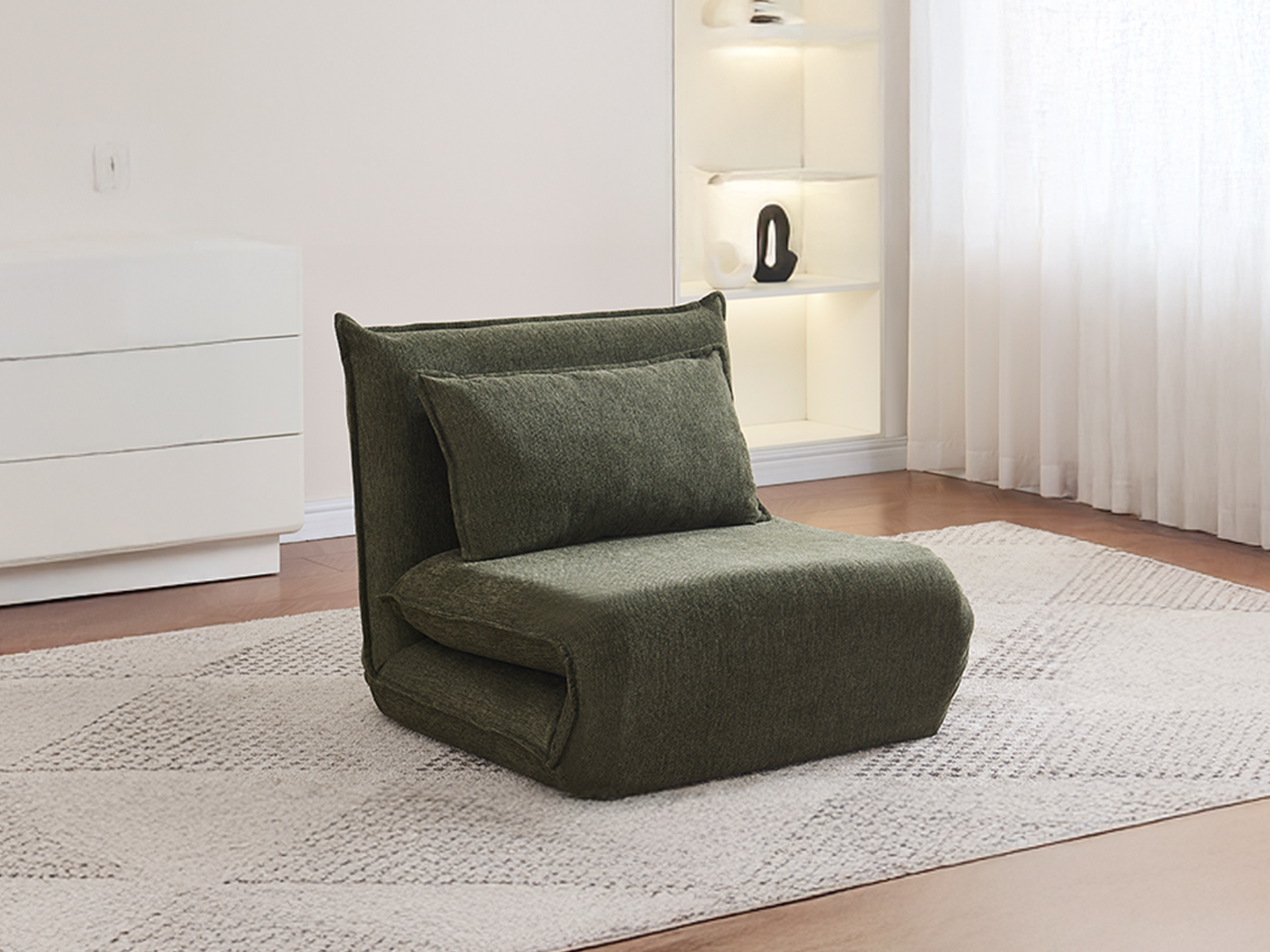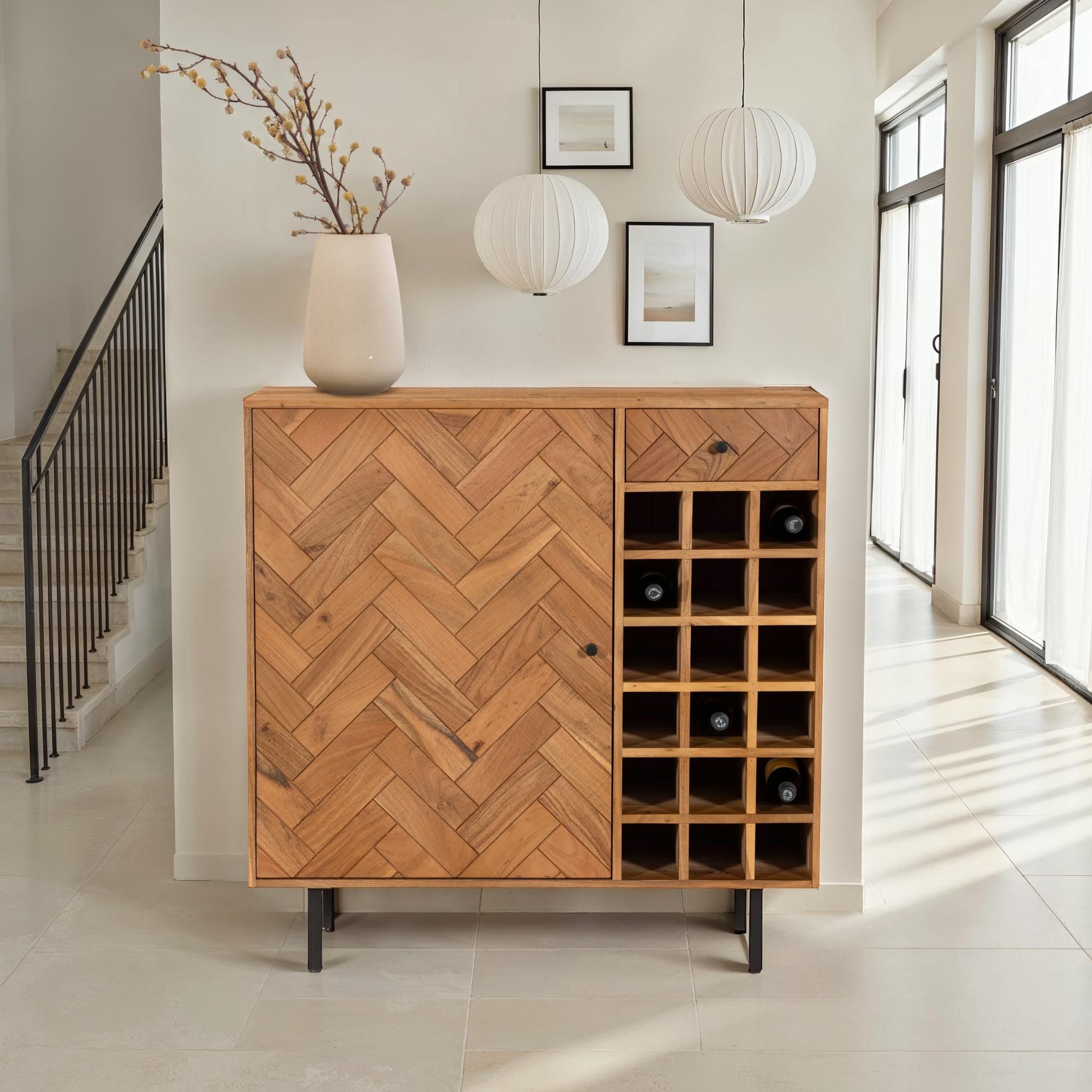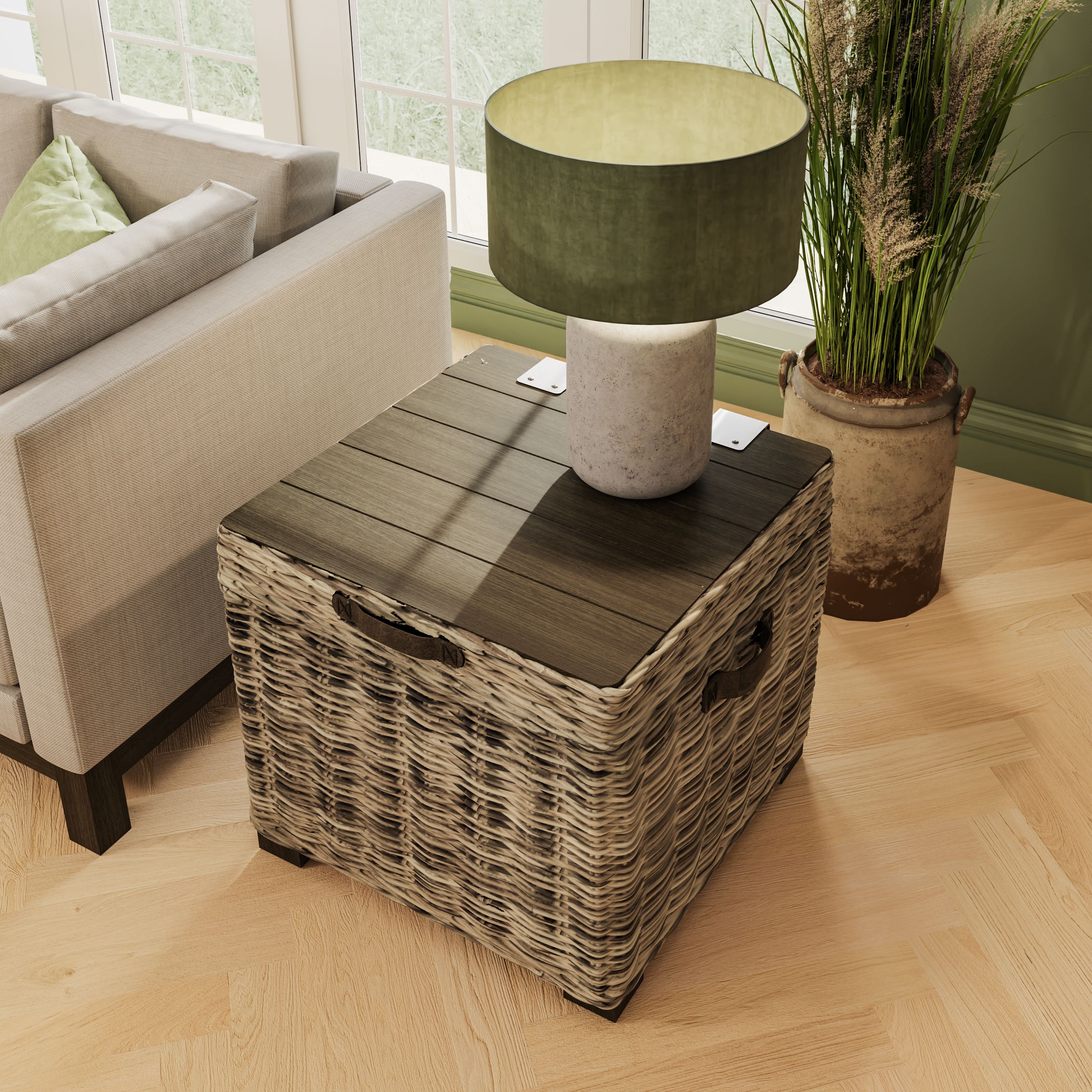How Urbanisation Is Shaping UK Furniture Demand
)
Urbanisation is reshaping the face of British living—and with it, the expectations customers place on furniture. As cities grow taller and homes grow smaller, particularly in urban hubs, the question for independent retailers and buyers becomes clear: how do we meet the needs of a customer who has less space but greater expectations?
Let’s explore what’s changing, what it means, and where the opportunities lie.
 Compact Living, Expansive Needs
Compact Living, Expansive Needs
The average UK home is shrinking. In urban areas, especially, square footage is at a premium. This shift has directly influenced how people shop for furniture. Customers are seeking clever, space-efficient solutions, pieces that work harder and smarter, without compromising on style.
Recent Google search data offers a telling glimpse into consumer intent:
-
Sofa beds top the charts with over 301,000 monthly searches
-
Corner sofas follow closely with 165,000 searches
-
Modular furniture sees around 27,100 searches each month
This signals an apparent demand for multifunctional, adaptable designs that suit smaller spaces while offering flexibility and personalisation.
“The modern consumer is clearly prioritising furniture that serves multiple purposes, moving away from traditional single-use pieces.” – Furniture Village spokesperson
Are your ranges reflecting this shift? Could your collections better support customers seeking compact, stylish functionality?
The Impact of New Housing Developments
Urban development continues at pace. In the North of England alone, the UK government has committed £208 million to transforming towns and cities, including £90 million earmarked for housing in Blackpool.
These developments bring a new wave of homeowners and renters, many of whom live in smaller, modern properties designed with efficiency in mind. Naturally, this influences what they buy and expect from their homeware.
From storage beds to foldaway tables, the popularity of multifunctional furniture is on the rise. What was once considered a niche category is quickly becoming the new norm.
And the broader market is responding. The UK furniture industry is projected to grow from $21.9 billion in 2024 to $31.3 billion by 2033, at a compound annual growth rate (CAGR) of 4.03%. Much of that growth is linked to increasing urbanisation and the need for design-led, space-saving solutions.
Shifting Priorities: From Sustainability to Self-Expression
Urban consumers aren’t just seeking smart furniture; they’re also thinking more carefully about how it’s made.
More and more shoppers are prioritising:
-
Sustainable materials
-
Responsibly sourced products
-
Furniture that reflects personal style in small spaces
With the rise of hybrid and home-based work, there is an increasing demand for home office solutions that blend seamlessly into living areas.
Have you considered how your product offering supports this intersection between sustainability, productivity, and personality?
The Digital Dimension: Selling Smarter Online
Online shopping now accounts for 30.1% of total UK retail sales (as of December 2024). For furniture, the convenience of browsing from home, particularly when visualising pieces in a confined space, is a game-changer.
Augmented reality tools, once a novelty, are becoming standard for brands that want to stand out. When shoppers can picture a sofa bed in their lounge—or a foldable desk in their kitchen—they’re more confident to click "buy."
For independent retailers, this opens doors:
How can digital channels help you reach city-based shoppers who may never walk into your store? What role could visualisation tools, customer advice content, or virtual consultations play in your sales strategy?
Where Independent Retailers Can Lead
Independent retailers are well-positioned to leverage these changes into competitive advantages.
Here’s how:
-
Curate collections that focus on modular, multifunctional, and space-conscious design
-
Showcase sustainable, customisable, and design-led options that reflect personality
-
Optimise digital platforms to reach and inspire time-poor, space-aware consumers
-
Offer value-added expertise on designing for small spaces—the kind of advice that online-only giants can’t match
Smaller Spaces, Smarter Choices: What Comes Next?
As urbanisation continues to shape how and where we live, the UK furniture market is responding with innovation, agility, and a growing emphasis on functionality. Smaller homes are no longer a limitation; they’re an invitation to rethink design, utility, and retail strategy.
For independent retailers and buyers, now’s the moment to re-evaluate:
Are your product lines built for modern living? Are your customers seeing you as a trusted guide through the challenges of compact space, hybrid working, and shifting lifestyles?
Retailers who stay close to these evolving needs, blending data with human insight, will be best positioned to thrive in this new landscape.
For those willing to listen to what urban consumers are genuinely searching for, both on Google and in their day-to-day lives, there’s every chance to stay not just relevant, but indispensable.
Let’s Take the Conversation Further – Join Us at the Manchester Furniture Show
Want to explore how the industry is responding to these shifts in real time?
Visit the Manchester Furniture Show, 10–11 July at Manchester Central.
Connect with forward-thinking brands, discover the latest in multifunctional design, and gain fresh insight into how furniture retail is evolving for today’s urban customer.
Register now and join the conversation.



)






